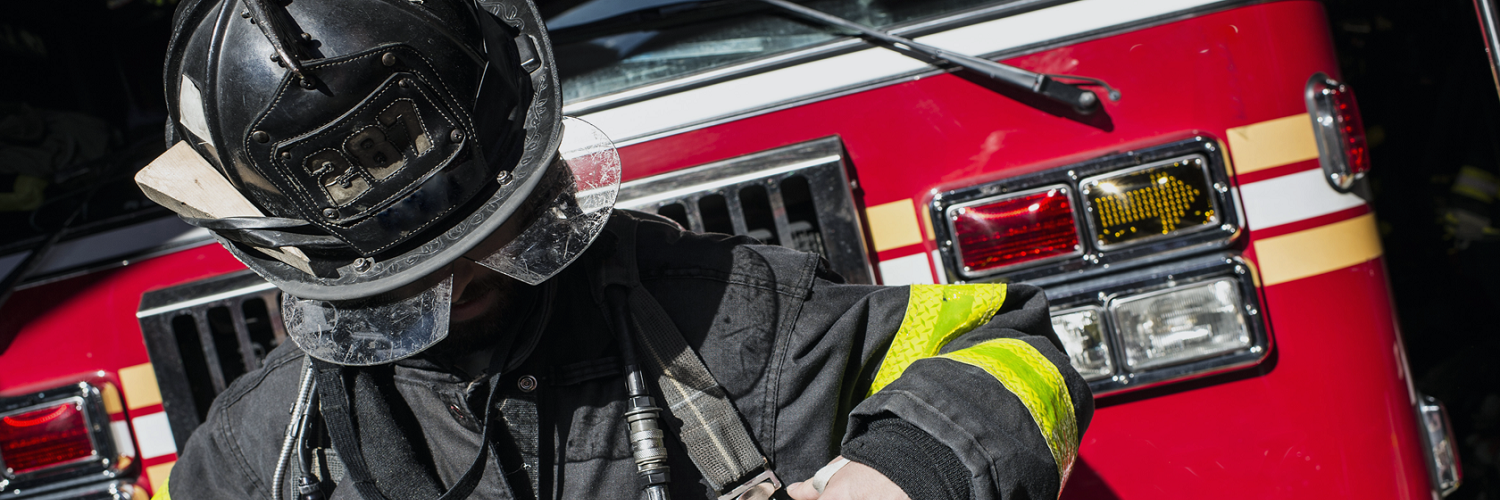Junior FF
Junior Volunteer Program
Bored with being a video gamer? Want to add some excitement in your life? Have you always wondered what it would be like to be a firefighter?
Make virtual reality real; join Sherrills Ford – Terrell Fire & Rescue as a Junior Firefighter Volunteer and be a part of something larger than yourself. By participating, you will become a representative of our department and be taught the value of discipline, leadership, honor and community service.
The program will teach you about emergency operational methods and techniques for firefighting, fire prevention and emergency medical services, and how the process of mastering these skills makes for a well-rounded young adult. You will be allowed to participate in hands-on training as well as classroom training. You will learn to perform routine duties such as caring for department equipment and apparatus. The skills you learn and the experience you gain will help prepare you for a future career in Fire/EMS Service, or whatever career path you choose.
Prospective members must be between the ages of 14 and 17 and must be capable of reading and understanding assigned materials. Members must be in good physical health and capable of doing strenuous activities. Each member must remain in school (unless otherwise graduated), maintain at least a C average and have no truancies on his/her record.
After filling out an application, the potential member—with a guardian present—will go through an oral interview process. There will also be a background check and references will be contacted. A medical release form must be signed by the youth’s parent/guardian and personal physician. He/she must also pass a department physical.
If you are accepted, you will participate in the Junior Firefighter Program as a probationary member for at least six months, during which you will need to complete specific training milestones. There is a step by step progress assessment that will give you an opportunity to gain more responsibility and allow you to participate in more fireground activities.
You will be dismissed from the program if you are caught possessing or are under the influence of drugs or alcohol at any time, take part in any illegal activities or participate in any actions or behaviors that are judged to be unbecoming of public safety personnel.
Build confidence, earn respect and learn new skills to help you grow as an individual. Learn and practice teamwork and leadership skills.
Junior Volunteer FAQs
A: Yes, when you are accepted as a Probationary Junior Firefighter, you will be scheduled for an Orientation session at which time you will be issued the following: Bunker pants, coat, boots, helmet, hood, gloves and duffel bag, along with a copy of the IFSTA Fire Essentials text. These items remain property of SFTFR and must be returned if you leave the Program for any reason. Your gear will be kept at Headquarters Station and must be picked up and brought to all training events and responses.
A: No Junior under the age of sixteen (16) shall ride in any department apparatus when the apparatus is responding emergency traffic. Juniors may ride on apparatus under non-emergency conditions, if there is room.
A: Juniors may not perform fire suppression involving structures or vehicles.
A: Upon completion of the “Ready to Respond” requirements of the Volunteer Member Handbook, a Junior 16 or 17 years of age may respond to emergency calls under certain conditions.
A: Juniors may:
- Attend and take part in supervised training;
- Participate in department functions within the rehabilitation area of an emergency scene;
- Support functions on an emergency scene, so long as the support function does not expose the Junior to hazardous environments;
- Pick up hose, tools and other materials from an emergency scene once it has been declared safe by the Incident Commander;
- Perform land-based search and rescue activities in areas not considered dangerous or identified as IDLH;
- Operate a fire pump or equipment located outside the danger zone of an emergency scene at the direction of the Incident Commander;
- Use pressurized hose lines, if properly trained, under the direction of the Incident Commander and outside of the danger zone.
